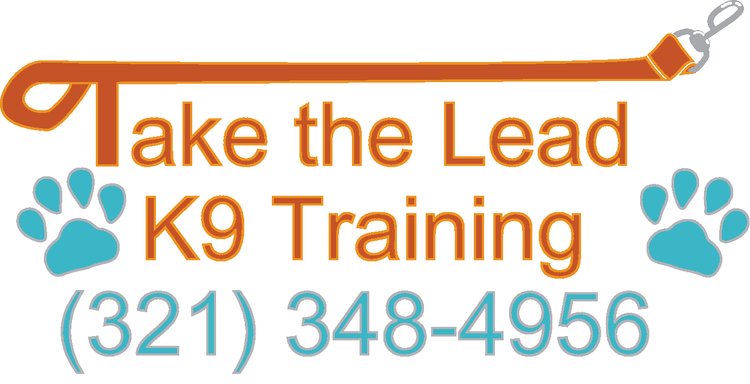Understanding the value of (effective) training and an open mind will save lives
Dog Training Cat Tip of the Day: Understanding the value of (effective) training and an open mind.
I'm sure we see it everyday--somone shares a photo or tells a story about a dog in a shelter, that looks sad, sickly, and alone. Many people will rush in with their hearts and donate, share, or even adopt this dog--and that's fantastic! Some folks may just share the photo, or express their sympathies for the dog, but all of their actions come from their heart.
When a rescue has a dog who is sick or injured, more often than not the community will rally together and come up with the funds and support the treatment for this pup--which again, is amazing.
Now, would it surprise you that the majority of dogs in shelters are not in there because they are sick, unhealthy, or neglected/abused? Yes, there are dogs with those ailments in shelters (and it is horribly sad), but most shelter dogs are actually fairly healthy and hardy dogs who would be great candidates for adoption...
Except for one thing--they have a behavioral issue. Whether it's pulling on the leash, jumping too much, too hyper, too strong, too barky, or more serious like aggression, most dogs in shelters are brought in OR never adopted out for behavioral issues. With the exception of aggression, the majority of these behaviors could easily be addressed and improved with balanced training and a dedicated owner. Shoot, balanced training and a dedicated shelter staff could create calmer more polite behaviors in so many dogs. An open mind about training in general could save many many more.
However, so many people overlook behavioral issues as worthy of addressing or seeking help for. Instead of donating to a rescue who needs money for training, most people prefer to put their donations into the more ill and sick dogs. Training, however, is the golden ticket that could make or break a dog getting out of a shelter--a dog who sits nicely and doesn't jump like a looney toon at the gate is more likely to be walked and possibly adopted. Their polite behavior puts them at an advantage to the dog body slamming the gate while barking their head off.
A dog that is on the way in to a shelter for being out of control hyper and crazy could stay in their home if they learned some impulse control with the place command. If they just had some structure, guidance, boundaries, and someone who will tell them "yes" AND "no"--someone who would praise the good, but also correct the bad.
However, so many people give up on their dogs before they seek training. And more than that, so many healthy and could-be-adoptable dogs are lost every day becuase they never learned manners and never had someone teach them right and wrong. The majority of dogs in (and surrendered to) shelters are not adopted because of their behavior. What is disheartening, is that for many dogs, setting some boundaries and teaching them to behave could be so easy. We do it here, everyday.
But, society views medical needs as more of an issue than mental needs, and that HAS to change. They both have an important place in the world.
So, when you see a rescue asking for donations for training, remember that ultimately that dog is no more adoptable than the one covered in ringworm, heartworm positive, or with a broken leg without financial support.
When you're looking for your next dog, keep in mind that many of these guys in cages are just looking for guidance and structure to know how to live in our human world...and can be great dogs (with training)!!!
If you're thinking about turning in your dog for behavioral issues, look to a professional before you (unintentionally) set your dog into a crowd of dogs that people will overlook for the SAME issue you brought him in for.
If you're raising a puppy from scratch, invest in training just as much as you invest in their medical care as they grow up.
If you are fostering for a rescue, understand that you're doing a great thing, but also have responsibilty to teach this dog how to be a family pet. You must teach them lessons that will make them more adoptable and acclimated to home life for their future family.
If your dog is aggressive or displaying behaviors you are struggling with, get help. If you've met with someone and didn't get results, talk to another professional with a different training style (Ideally a balanced approach that is open to different tools and techniques). Look for videos and testimonials from trainers that show they can (and have) helped people and dogs like yours.
If you can't walk your dog because they are out of control, try some new training tools.
We have to TRY for our dogs. They have no idea how to live in a human world without help, and we can't expect them too without teaching them. Physical well-being and mental well-being are equally important! -Cenicero,#dogtrainingcat








